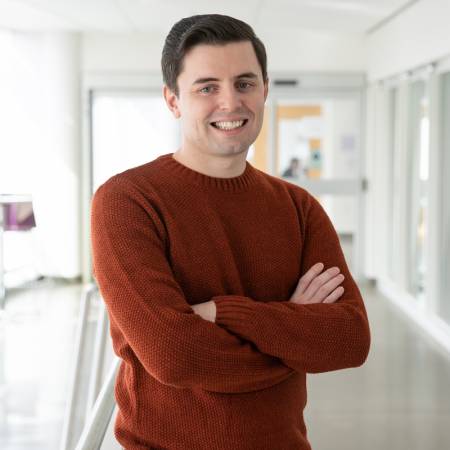
2:30 pm to 3:30 pm
NSH 4305
Title: Testing, Analysis, and Specification for Robust and Reliable Robot Software
Abstract: Building robust and reliable robotic software is an inherently challenging feat that requires substantial expertise across a variety of disciplines. Despite that, writing robot software has never been easier thanks to software frameworks such as ROS: At its best, ROS allows newcomers to assemble simple, autonomous robots within a matter of hours or days, and domain experts working in a particular area of robotics (e.g., perception) to share their latest algorithms with the community as a reusable software component. In practice, however, truly reusable robotics software components are difficult to build and even harder to integrate. Due to a lack of tools and best practices and given inherent challenges, developers often rely on field testing to evaluate their systems and identify potentially dangerous behavior. This approach to testing and evaluation quickly becomes an expensive, time consuming, and dangerous bottleneck that severely constrains the rate at which changes can be sufficiently tested and safely deployed. As such, it is essential that we develop drastically faster, cheaper, and more scalable approaches for assuring the quality of robot software that do not require developers to possess highly specialized knowledge or dramatically change their existing workflows. In this talk, I will discuss the state of testing and evaluation within robotics, highlight key research and engineering challenges, and show how testing, analysis, and specification can identify potentially catastrophic bugs faster, cheaper, and earlier.
Bio: Chris Timperley is a Senior Systems Scientist based in the Software and Societal Systems Department at Carnegie Mellon University. His research interests lie at the intersection of software engineering, robotics, and program analysis, with a focus on developing and evaluating new languages, tools, and techniques for building, testing, and debugging robotics software. He teaches classes on software engineering, design, testing and analysis at both the undergraduate and graduate level. His work has featured at industrial and academic conferences, in the popular press, and within the open-source robotics community. He holds PhD and MEng degrees from the University of York.
